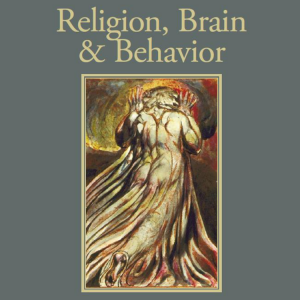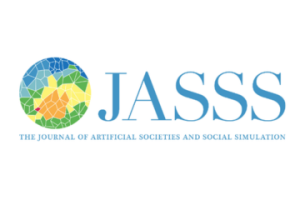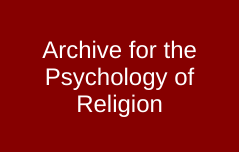Research Director Catherine Caldwell-Harris, Post-Doctoral Fellow Connor Wood and Doctoral Fellow Jonathan Morgan
Chapter in The New Reflectionism in Cognitive Psychology: Why Reason Matters
December 2017
Abstract: Analytical thinking predicts irreligiosity across paradigms and contexts. Explanations for this association have included the likelihood that analytical cognition interrupts the expression of innate cognition biases, such as teleology and anthropomorphism, that lead to religious beliefs; or that analytical thinkers are better at discriminating between unrealistic and realistic beliefs. This chapter marshals research from many subfields in cognitive and social psychology, anthropology, and sociology to advance an alternative explanation, the “social foundations hypothesis,” which posits that analytical cognition is associated with both individualism and with strategic, opportunistic defection on cooperative arrangements. Honestly held religious beliefs serve as indices of heuristic cognition, which in turn telegraphs a strong likelihood that the agent will unreflectively abide by social conventions and norms. The association between holistic thinking and religiosity is thus a product of the need for predictable social coordination and cooperation in high-context social groups.
Learn More About the Chapter
Learn More About the Book



